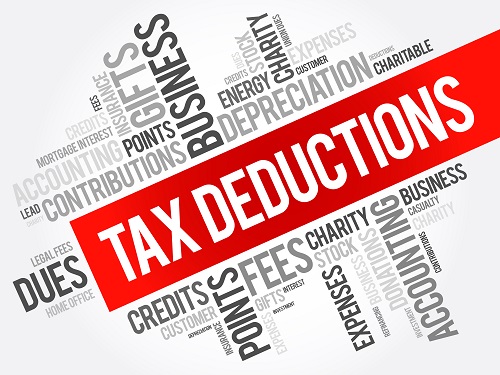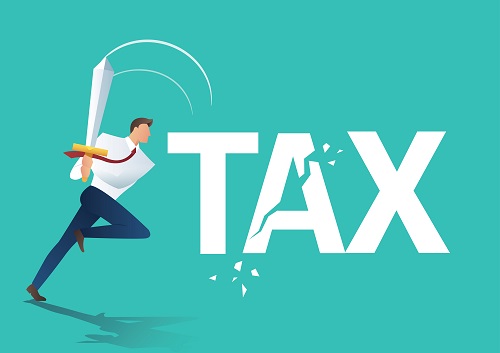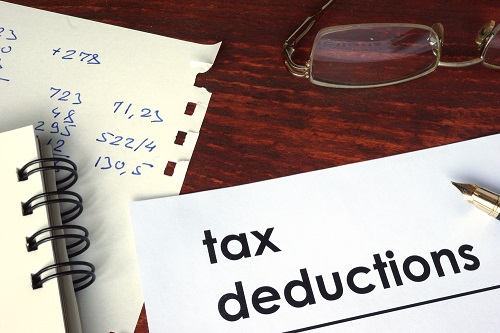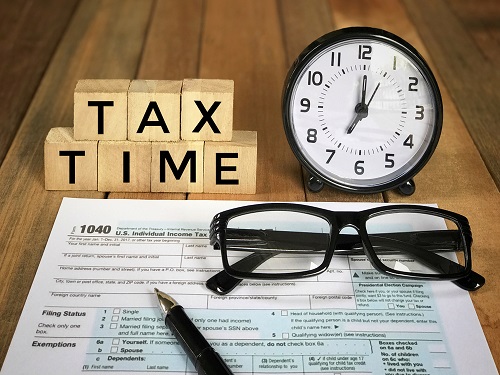The maximum allowable deduction for health insurance premiums paid for parents is ₹25,000 in case they are less than 60 years of age and ₹50,000 in case they are senior citizens greater than 60 years of age. This benefit of 80D for senior citizens is in addition to the deduction allowed for self and family.
The following pointers will help you understand better.
- Individuals can claim a deduction on the medical insurance of upto ₹25,000 for themselves or their families. The family includes the spouse and dependent children. It can extend upto ₹50,000 if you or your family members are senior citizens.
- In addition, individuals can claim a deduction for the health insurance of upto ₹25,000 for their parents less than 60 years of age and upto ₹50,000 if they are senior citizens.
- If any other medical expenditure is incurred towards the health of self, family or parents who are senior citizens, the maximum allowable deduction under Section 80D income tax is ₹50,000.
- If you and your parents are aged above 60 years and covered under health insurance policies, the maximum deduction that you can avail of u/s 80D of the Income Tax is ₹1,00,000. On the other hand, if they are not covered under the health insurance plans, the maximum allowable deduction is ₹50,000, as mentioned above.
Here is a detail for your quick reference.
Persons covered based on age |
Section 80D Deduction limit(₹) |
Tax deduction under Section 80D((₹) |
Self, dependent children and spouse |
Parents |
Self, family and parents less than 60 years of age |
25,000 |
25,000 |
50,000 |
Self, family and parents are senior citizens |
50,000 |
50,000 |
1,00,000 |
Self as well as a family less than 60 years of age and parents are senior citizens |
25,000 |
50,000 |
75,000 |
Let us consider an example.
Mr Ramesh, the eldest member of his family, 55 years of age, has purchased a mediclaim plan for his family for a premium of ₹30,000 annually. In addition, he has purchased another health insurance plan for his parents, who are senior citizens 72 years old, for a premium of ₹45,000 annually. What is Mr Ramesh's maximum deduction limit under Section 80D?
As Mr Ramesh is 55 years old and his parents 72 years old, the maximum allowable deduction for himself is ₹25,000 from ₹30,000. And, for his parents, the allowable deduction will be ₹45,000 out of the maximum of ₹50,000. Therefore, the total permissible deduction is ₹70,000.
Let us consider another example.
Mr Rahul, 62 years of age, has purchased a health insurance plan for his family for a premium of ₹45,000. In addition, he has purchased another health insurance plan for his parents, who are senior citizens 75 years old, for a premium of ₹50,000 annually. What is Mr Rahul's maximum deduction limit under Section 80D?
As Mr Ramesh is 62 years old and his parents 75 years old, the maximum allowable deduction for himself is ₹45,000 from ₹50,000. And, for his parents, the allowable deduction will be ₹50,000 out of the maximum of ₹50,000. Therefore, the total permissible deduction is ₹95,000.

 FOR EXISTING POLICY
FOR EXISTING POLICY  1860 266 9966
1860 266 9966
 FOR NEW POLICY
FOR NEW POLICY 














